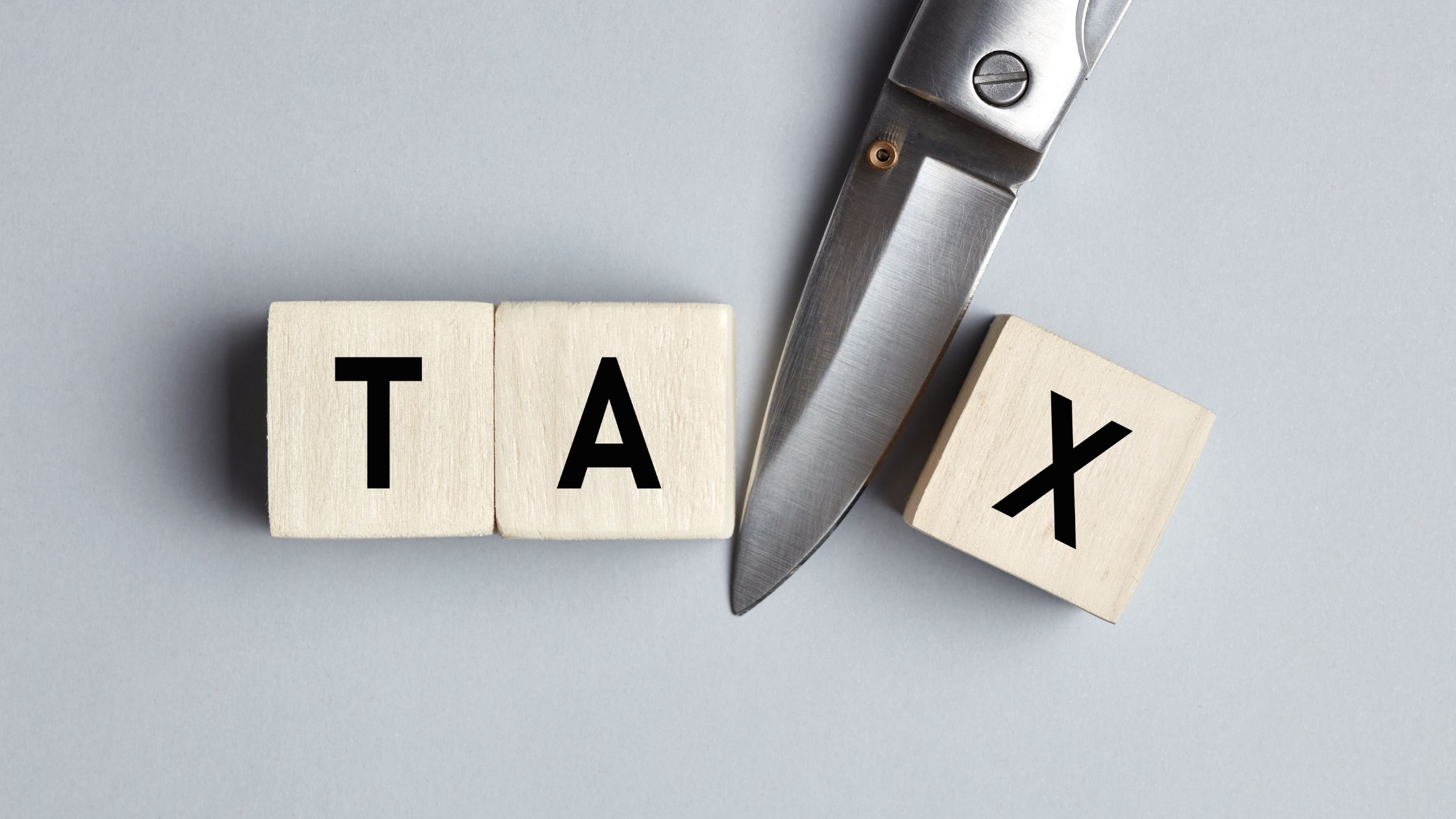
The 2024 tax season is in full swing. Are you ready?
If you’re like most people, you fall into one of two camps. You’re either prepared weeks or months ahead of time, or you’re scrambling to get all of your files together days before the deadline. It should go without saying that preparedness is the key to minimizing how much money you owe to the Internal Revenue Service (IRS).
Unfortunately, far too many people think filing their tax return is a matter of dropping off a large box of files at their local tax preparer’s office and letting them figure it out.
The truth is that you play a significant role in saving money on your taxes. Rather than avoiding tax preparation like the plague, you should be as proactive as you can possibly be. Working in tandem with your tax professional will ensure that you’re both on the same page and doing everything you can to keep every last dollar that rightfully belongs to you!
5 Steps for Filing Your Tax Return
Want to save as much money as possible on this year’s return? Of course you do! Take these five crucial steps when filing your tax return:
1. Get Organized as Soon as Possible
Remember, good tax preparation starts with you—not your tax preparer. Don’t dump all of your receipts in a box and drop it off at your accountant’s office. This will only frustrate your tax preparer and potentially leave you with a higher bill. If there’s too much bookkeeping involved with your return, your tax preparer might even refer you to a bookkeeper!
Instead, systemize your files so that they are easy for your tax preparer to flip through and understand where he or she can expect to find certain documents. One of the best ways to achieve this is by creating a recap sheet with the number of items in each category.
2. Meet with Your Tax Preparer in Advance
Before it’s time to start filing your return, you should schedule some time to sit down with your tax preparer and go over any major life changes or unusual transactions from the last year—having a child or buying a new rental property, for example.
Some of these changes can have a drastic impact on your immediate and lifetime tax burden, so you need to give your tax planner enough time to strategize on how to save you as much money as possible.
3. Use the Same Tax Preparer for Both Returns
To ensure that both your personal and corporate tax returns are consistent with each other, it’s vital that you have the same tax preparer file both returns.
One return is often dependent on the other, so handing them off at different offices is a surefire way to create confusion and risk errors. Keep both returns with one tax professional to prevent duplicate work, overlap, and omissions!
4. Improve Your Accounting Records
Without good accounting records, I can guarantee that you’re paying more in taxes than you should. It’s not the IRS’s responsibility to track your expenses—it’s yours. And without good documentation, you won’t be able to deduct any of that money from your taxable income.
Worse yet, poor records could cause you to incorrectly report your income to the IRS. Because the IRS can easily verify your income via bank statements, employer tax forms, and other methods, this slip-up could result in penalties or an audit.
With Excel, QuickBooks, and countless other accounting tools at your disposal, there’s no excuse for bad accounting. Stay organized year-round—not just during tax season!
5. Don’t Wait Until the Last Minute to File Your Return
A few years ago, I performed an exhaustive review of all errors made by our firm. The list wasn’t long. In fact, most of the “errors” were due to questions we didn’t ask our clients. But there was a clear correlation between these errors and when the returns were filed. 90% of the errors occurred within a week of the deadline!
The bottom line? If you don’t give your tax preparer ample time to ask you all of the necessary questions relating to your return, you’re doing yourself a disservice. The best course of action is to be organized ahead of time or file an extension!
